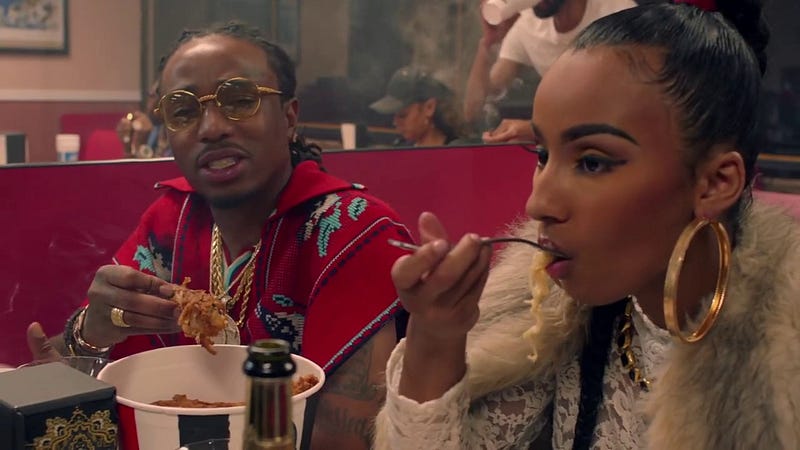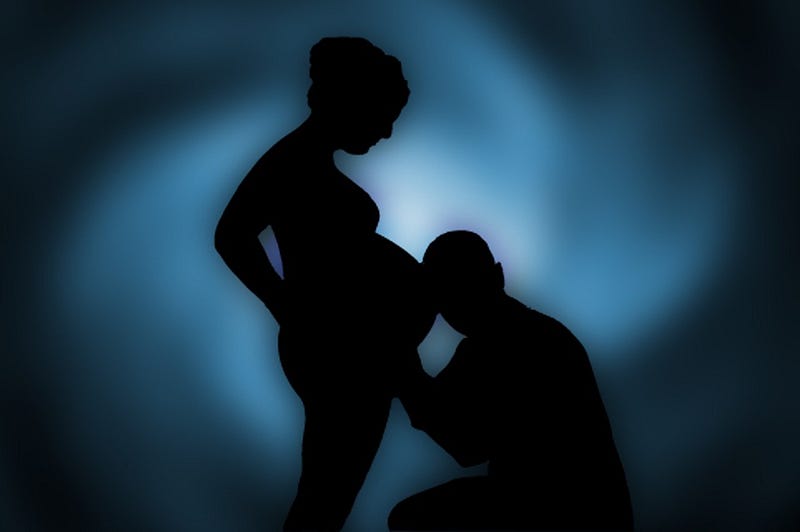Within any creative sphere, the new and avant-garde is often met with resistance from the established old guard. As any art evolves, many will lament what they view as an erosion of what was once cherished by the purists. Meanwhile, the new wave will transform that notion for a new generation in a cycle that repeats itself with every subsequent era.
Hip hop is no different. Like most art, it’s been subject to transformation between generations; each with a view on what the golden era of the genre is. And that’s often followed by disdain for the eras that came after it.
That opposition lessens with time and hindsight. But right now, even with the utmost objectivity, it’s difficult to say that I will ever be able to offer acclaim to sections of the current wave of hip hop. That isn’t me hating. It’s me objectively recognising that some of the current output from the genre is eroding the art and distancing itself from the essence of the culture. The sound, look and ignorance of ‘mumble rap’, or whatever label it attracts, goes against everything that is hip hop; a retrograde step for a genre that has increased its lyricism with every successive generation until now.
New waves within hip hop have long met resistance, with the biggest detractors coming from New York as the birthplace and longtime bastion of the art. Consequently, anything that didn’t sound like what was coming out of New York and the wider east coast scene was often not considered sufficiently hip hop (ironically, today New York has barely produced a fresh new artist in the vanguard of the culture for years, still relying on veterans for their glory days as the gatekeepers of rap).
The west coast was received that way and even more so was the south when rap from their respective regions began to migrate. Though the west coast gave us NWA, Snoop Dogg and latterly Kendrick Lemar. And when you look at the south, they’ve produced some of the hardest lyricists and legendary artists within the scene period. Just look at UGK, Geto Boys, Outkast and TI as some of the most iconic acts in music, regardless of genre.
Rappers with double time flows like Bone Thugs-N-Harmony and Twista were initially considered by some to be gimmicky. The same could be said for UK hip hop. It all sounded and looked different from east coast hip hop and therefore raised questions about how hip hop it actually was. Nevertheless, lyrically, it couldn’t be denied.
With the importance of lyricism progressing the art, lyrical prowess and content was the key that granted them entry and validation within the culture. It’s the same reason that for many within the culture, sub-genres like crunk could never really assume a permanent seat at the table of hip hop.
 |
“Offset, woah, woah, woah, woah, woah, rackings on rackings, got backends on backends, I’m ridin’ around in a coupe (coupe), I take your bitch right from you (you), bitch I’m a dog, woof (grrr)”
It’s hardly a case of subjectivity to opine that those bars are basic and straight garbage. And I don’t even hate Bad and Boujee. I appreciate that much of today’s rap is increasingly driven by melody, thereby making lyrics somewhat redundant to some listeners, but this goes beyond that. And when you consider DJ Akademiks publicly said Migos are one of his favourite groups (rhetoric Joe Budden, like many of us, couldn’t stomach), yet didn’t like Giggs’ verse on Drake’s KMT, it’s clear that DJ Akademiks et al represent a shift in perspectives within the culture.
As an aside, I’ve not seen any feature from an American rapper get the number of pull ups or response that Giggs’ verse on KMT receives since I saw an entire club in Miami throw their diamonds up for Jay Z’s verse on the Diamonds from Sierra Leone remix. Nor do I think any current American rapper is capable of effecting such a reaction with a feature either. Not to deny DJ Akademiks his right to an opinion, but his stance shows just how accepting many from the culture have become towards a sound that previously would have been derided. Meanwhile, he thinks Giggs’ verse was “wack”. Ok then, Akademiks.
Some of the old guard have defended so-called ‘mumble rap’ as merely the sound of a younger generation making music for their time. I can accept that but it shouldn’t mean that the content lacks the substance within its narrative that has been consistent and fundamental to the genre.
Detractors of early west coast gangster rap may have criticised its content as an abuse of freedom of speech. What couldn’t be denied was that gangster rappers were enthralling us with a tale of their existence, accompanied with vivid imagery and storytelling, that remains a cornerstone of hip hop. Yet that’s the crux of what’s missing today.
Take the drug dealer tales that have become synonymous with rap. Many of those tales have long lacked authenticity but at least the wordplay, imagery and lyricism gave audiences something to appreciate. Although today everyone seems to be in the trap (which begs the question, who are the customers?). Furthermore, the now familiar autobiographical tale of the (alleged) drug dealer is both trite and lacking the narrative that made it palatable. I’ve got no issue if these new rappers have a story to tell, just enunciate it so we can actually appraise and appreciate what you’ve got to say.
I can admit to some of today’s melody driven rap piquing the interest and ears of audiences; it’s the content and disregard for delivery and lyricism that I take umbrage with. Rap is an art of storytelling. However, when you’re mumbling your ignorant ramblings, you may as well not tell your story at all. Not to mention doing so under the umbrella of hip hop is damaging the legacy of the culture and betraying its roots as a lyrical artform.
